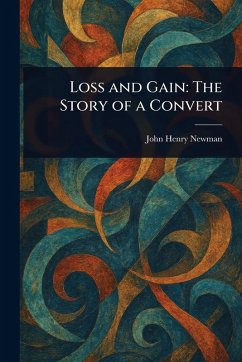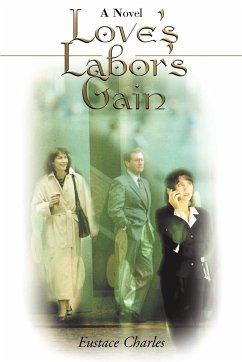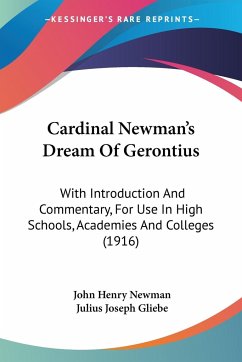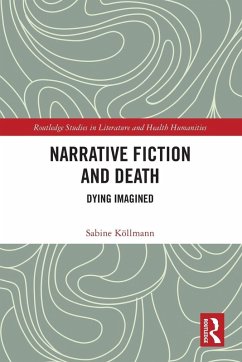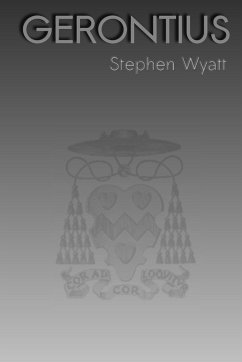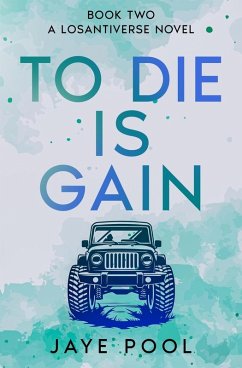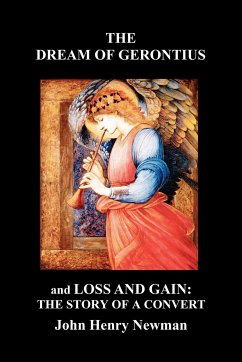
The Dream of Gerontius and Loss and Gain
The Story of a Convert
Versandkostenfrei!
Versandfertig in 1-2 Wochen
21,99 €
inkl. MwSt.

PAYBACK Punkte
11 °P sammeln!
This edition contains both ¿Loss and Gain¿ and ¿The Dream of Gerontius¿. ¿Loss and Gain¿ may well be the easiest and best place for non-specialists to begin with myriad-minded John Henry Newman. It is a novel about Oxford and fleshes out Newman's belief that students form their deepest convictions from their discussions with one another and not from teachers. It is also a novel very much like a Platonic dialog that presents and wrestles with various theories of why intelligent young men are either content to stay with their inherited personal faith or are moved to seek another. This nove...
This edition contains both ¿Loss and Gain¿ and ¿The Dream of Gerontius¿. ¿Loss and Gain¿ may well be the easiest and best place for non-specialists to begin with myriad-minded John Henry Newman. It is a novel about Oxford and fleshes out Newman's belief that students form their deepest convictions from their discussions with one another and not from teachers. It is also a novel very much like a Platonic dialog that presents and wrestles with various theories of why intelligent young men are either content to stay with their inherited personal faith or are moved to seek another. This novel mirrors Newman¿s experience. Newman¿s epic poem ¿The Dream of Gerontius¿ was the motivation of Edward Elgar¿s oratorio of the same title.






